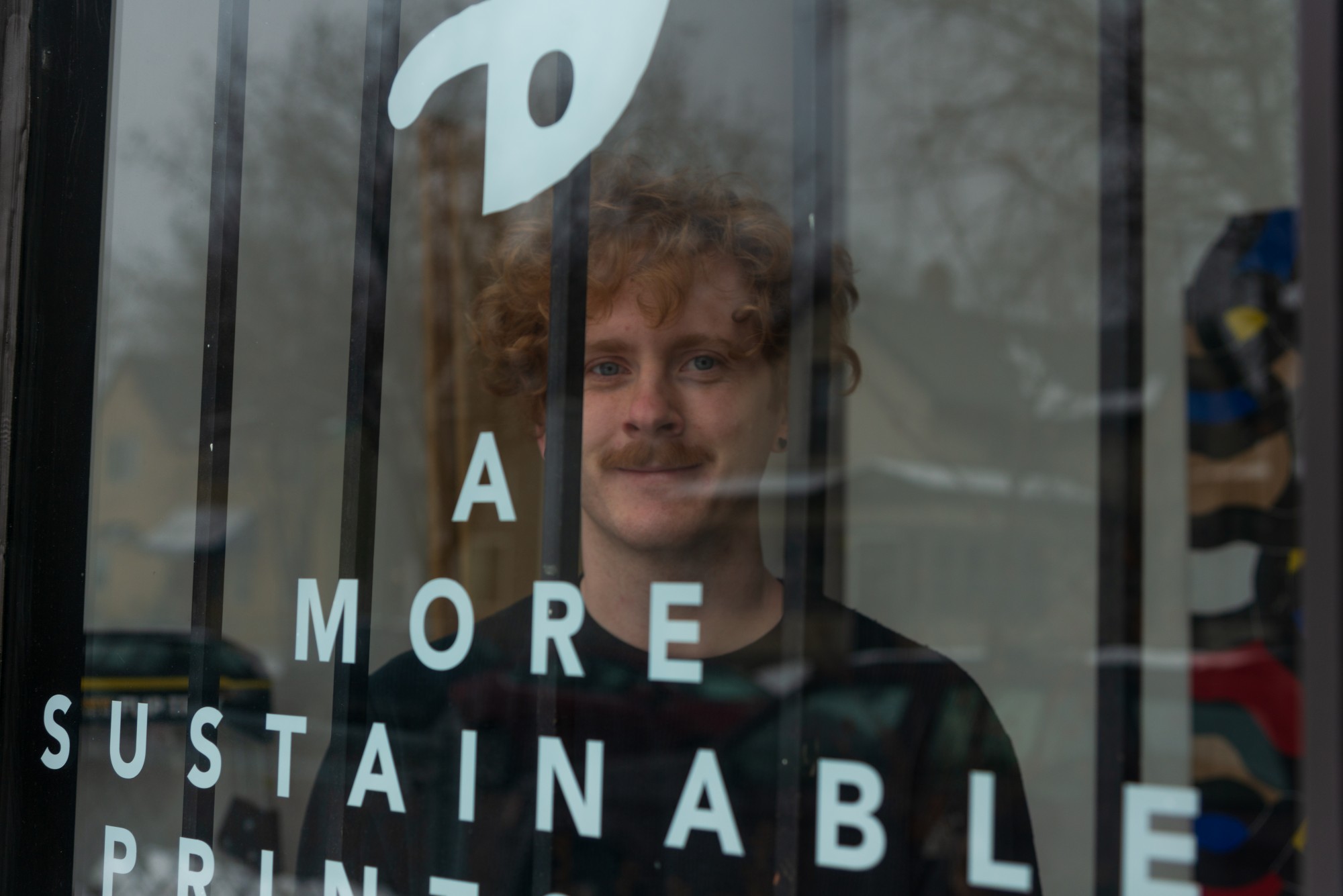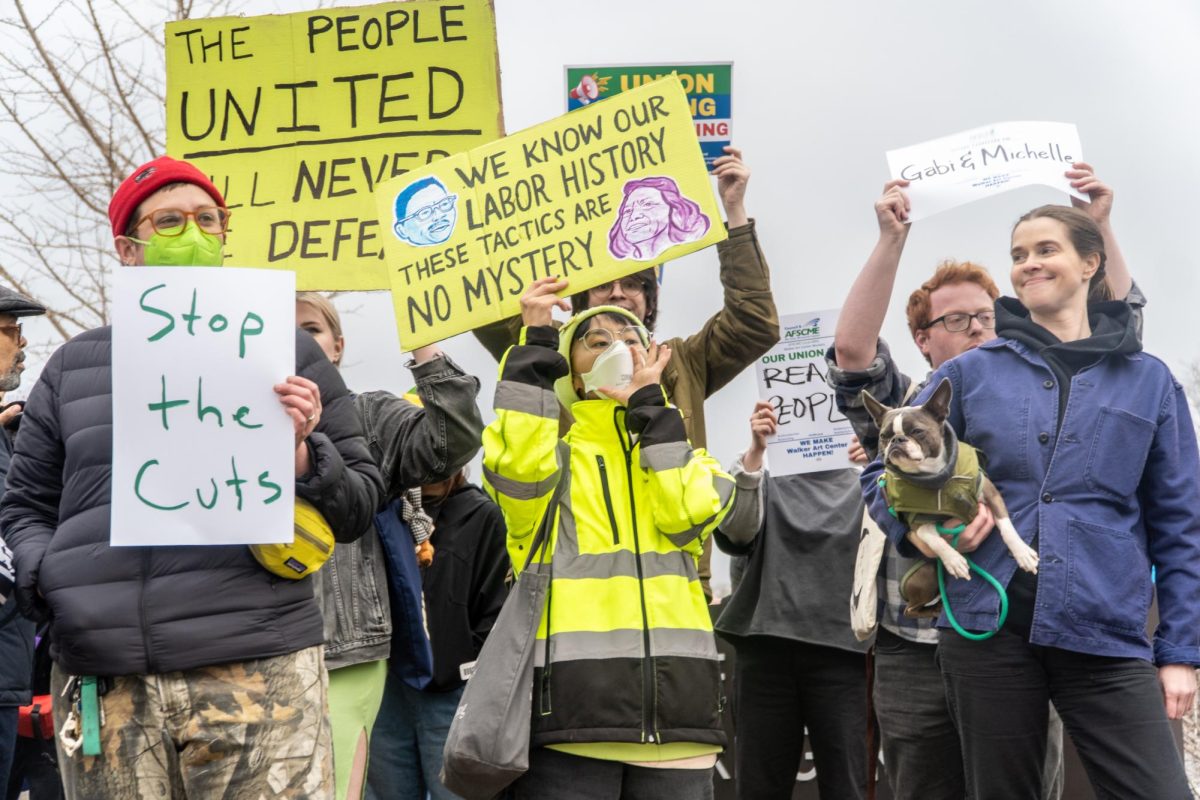Clothing and sustainability aren’t mutually exclusive for Ethan Buck. Instead, he believes that the former should always come with the latter.
Buck began a project called Yarborough as a skate brand about four years ago. He had just learned how to screen print and wanted to use the extra funds he made from selling shirts to donate to charities.
“I figured if I’m going to be doing this service that is just helping other people make their clothes, I don’t need to be making a bunch of money off of it,” Buck said.
Throughout these past four years, Buck has posted designs on Instagram, telling his followers that in exchange for a charity donation, he would send them his T-shirts, tote bags or other creations.
“I just wanted to be an outlet to give people cool artwork so that they want to give back,” Buck said. “Like, I’m helping you be more sustainable, and we can give back to charities while I print your artwork on T-shirts.”
Buck wants to keep the process as open as possible. If customers want their own art on the shirt, he’s happy to print it.
“I can just go to him with any ideas. There’s no pressure,” said Dakota Knight, a friend of Buck’s and freelance artist. “I’ve been to other screen printers and vendors and they don’t really seem to care. They just want to do it and cross it off the list. [Buck] takes the time to make sure it’s perfect and how I want it to be.”
He does this all in an effort to get people to buy sustainably and ethically-made materials, all while contributing to an organization that means something to Buck or the customer, like the Save Our Monarchs Foundation or The Refugee and Immigrant Center for Education and Legal Services (RAICES).

“Everybody has their own values,” Buck said. “If I’m making shirts where the money is going to a certain charity and somebody says they prefer their money go somewhere else, I’m not going to write back and be like, ‘Sorry, no, I’m giving all the money to this thing, too bad.’”
In accordance with Yarborough’s mission of sustainability, Buck uses water-based inks instead of plastisol ink to screen print as one way to cut down on his use of plastic. Plastisol ink is petroleum-based, meaning it’s a form of plastic. While it’s convenient to use, it defeats the purpose of using ethically and sustainably made 100 percent cotton shirts.
“If you have a 100 percent plastisol print, the shirt will deteriorate but whatever is printed on it will just stay there forever,” Buck said.
In October 2019, Buck decided to transition Yarborough from a side project to a business and signed a lease on a workshop space. Having a brick-and-mortar space provides a better opportunity to shift the arts community toward more sustainable practices. Buck aims to spread awareness in the Twin Cities by inviting people to observe the print-making process while he’s working in-shop.
“[Buck] adds his own unique voice and beliefs [to the arts community] and creates that through his drawings and art,” said Muriel Margaret, Buck’s friend.
He was able to raise the funds from family and friends who wanted to contribute to his business. Buck hopes to open the shop in mid-February and business hours will be posted on his Instagram, @yarboroughprintshop.
The business plan would follow what Buck has kept central to his project — money doesn’t go into his own pocket. He wants to continue to source materials sustainably and ethically while donating to the charities that are important to him and others.
“Understandably, some people don’t have the means to shop or spend the money on more expensive clothing,” Buck said. “And I don’t want to make any more clothes. We don’t need any more clothes on this planet. I’m only making them because if I don’t do it, somebody else is going to do it worse.”








